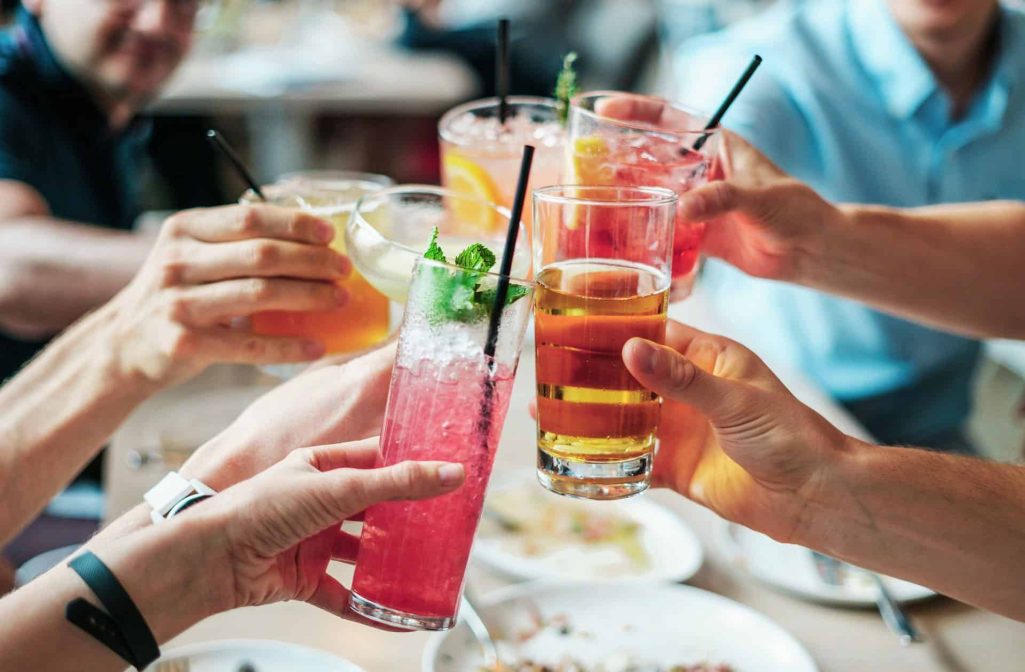
There has been much anecdotal evidence as well as scientific research to suggest that the covid pandemic has led to an unprecedented increase in alcohol consumption and the problems arising from this. According to a recent survey conducted by One Poll amongst 2000 adults, alcohol consumption has risen with four in ten households drinking more than before. Women in particular have turned to the bottle during the pandemic and 53 per cent have increased their alcohol intake, according to the One Poll survey.
Alcohol harm could last for a generation
Experts said many parents have increased the amount they drink to cope with the stresses of childcare and home-schooling since March. Others have increased their alcohol consumption due to loneliness and boredom. The survey follows a warning from experts in the British Medical Journal that the toll of increased alcohol harm could last for a generation.
Alcohol sales in supermarkets increased by 43 per cent in the four weeks from mid-May to mid-June.
Doctors have said they expect a surge in alcohol-related ill health and liver disease, which will ‘place an increased burden on our already over-stretched NHS’.
George Koob, a Director of the National Institute on Alcohol Abuse and Alcoholism states in a commentary in the American Journal of Psychiatry, that the global coronavirus emergency is like a “perfect storm,” with dire consequences for prevention and treatment that may endure after the pandemic.
“ Patients (with alcohol dependency) face unique vulnerability factors during this dramatic global health crisis.”
In the new commentary, senior author Lorenzo Leggio, M.D., Ph.D., physician and Senior Investigator at the National Institute on Alcohol Abuse and Alcoholism, and the National Institute on Drug Abuse, and his NIH co-authors – Drs. Primavera Spagnolo and Chiara Montemitro – describe these vulnerabilities. For example, alcohol and drug abuse impair the functioning of the immune system and increase the risk of respiratory infections and their complications. People with alcohol and drug addiction also have high rates of cardiovascular and pulmonary conditions, which may increase their risk for infection-related consequences. The effects on the brain of Covid 19 are also likely to interact adversely with the effects on the brain of addiction.
Increased craving and relapse
The COVID-19 pandemic has increased stress for people worldwide, with millions experiencing prolonged periods of fear, anxiety and social isolation — conditions that are known to increase craving, consumption, and risk of relapse in individuals with addiction.
So it is clear that the effects of the Covid 19 pandemic have increased alcoholism and drug addiction. Those in the early stages of recovery have become more likely to relapse and those with untreated addiction have often increased their consumption and dependency. There has been less community support for addicts seeking help since the start of the pandemic – it has not been possible to attend support meetings which have only been taking place on line; local alcohol and drug support services have been less accessible and it has been more difficult to source support via the GP.
Fortunately private addiction treatment centres have been operational during the crisis, helping alcoholics and addicts to detox and get the emotional support they need.
